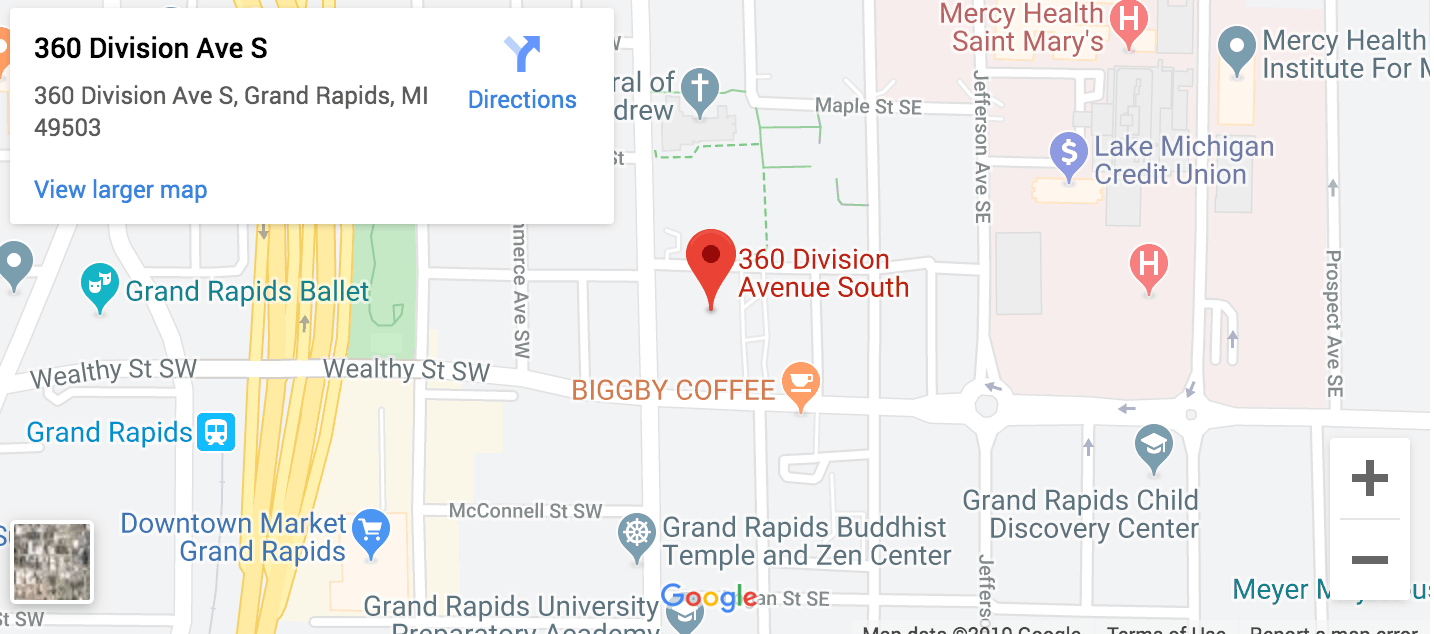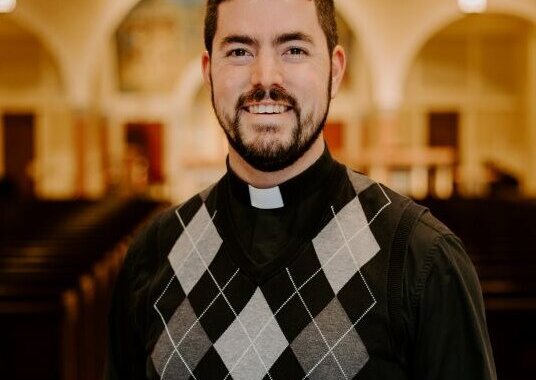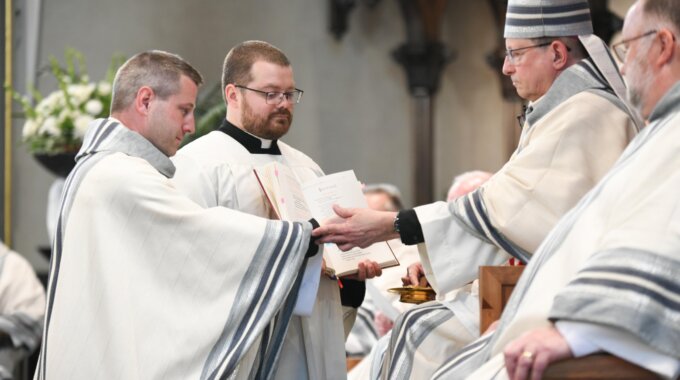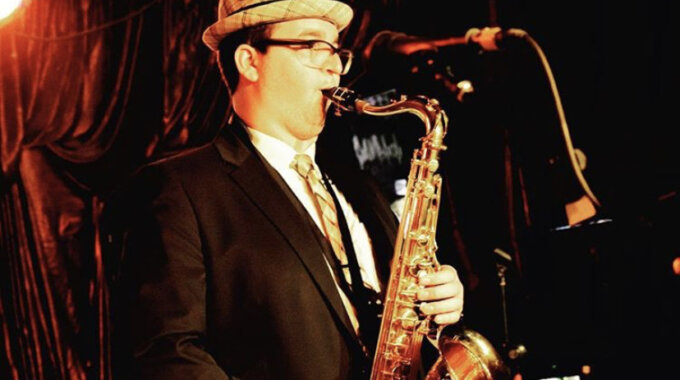July-August 2024By Father Scott NolanReceiving the message from Bishop Walkowiak that I had been asked…
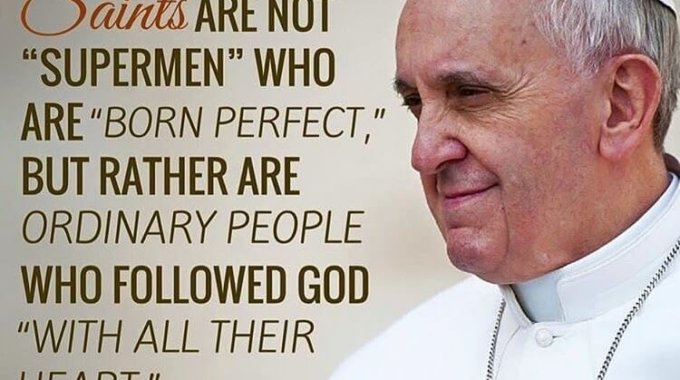
What does God want to do with your life?
What do you want to do?
We ask this question all the time, especially when we talk about the future of those who are in high school or recent graduates. We ask what they want to do with their lives because we want to know what interests them, how they want to spend their lives, and in what way will they contribute to society. But is this the right question? Should we be asking something different?
There are other ways in which we ask the same question. What makes you happy? What are you good at? or How do you like to spend your time/what are your hobbies? The problem is that all these questions start with what the person wants, but they ignore, albeit not intentionally, what God wants. These questions do not invite God into the decision. Instead, they focus solely on the individual: What do you want to do with your life?
In high school, I was obsessed with math. This obsession was not limited to the classroom. I loved to look up and memorize stats of different NBA or NFL players. And I loved playing a board game called Settlers of Catan, precisely because it was a game of probability – you succeeded by maximizing your income based on the roll of the dice. I mention all of this to say that when I was asked about my future plans in my youth, I would have quickly responded, “I want to be high school math teacher and basketball coach.” I was set on this. But notice how I answered the question: “I want.”
The answer started with me. It did not include how I thought I could best help others. Nor did it include how I believed God wanted to use my gifts and talents to be a witness of Christ in our world.
That all changed at a retreat when I was a sophomore in high school. While on this retreat, I went to confession for the first time in a few years. In that sacramental experience, I felt God’s love for me in a re-ally personal way. It changed every-thing. Before that retreat, I spent so much time thinking about what I wanted to do with my life and what would make me most happy. But after the retreat, I started to ask a new question: What does God want me to do?
St. Augustine had a similar experience. In Augustine’s adolescent years, he adopted a self-indulgent lifestyle, not dissimilar to that of the prodigal son or many young people today. In his youth, he “burned to fill [himself] with evil things … [he] dared to run wild in different and dark ways of passion.”
(The Discernment of Spirits, Timothy Gallagher, pg. 28). And then a profound grace enters into St. Augustine’s life and he can never be the same. Love has literally found him, and he expresses it beautifully, “Late have I loved you Lord, late have I loved you.” And we know the rest of the story. St. Augustine spends the rest of his life as a priest, and eventually a bishop, to bring more souls into an encounter with that Love that changed everything.
The experience that St. Augustine had, that I had, is not unique. In the beginning, it was about us and what we wanted; but after an experience with Christ, it became about God. And so, instead of asking our young people today what they want to do, maybe the better questions are: How has God loved you? And knowing that, how does God invite you to use your gifts and talents to show others how much He loves them as well?
For some, that will be as a good mentor and role model as a math teacher or basketball coach. But for others, the answer will be in ministry. “For the love of Christ impels us, once we have come to the conviction that one died for all; therefore, all have died. He indeed died for all, so that those who live might no longer live for themselves but for him who for their sake died and was raised.” (2 Cor 5:14-15)
If we change the question, we can live not for ourselves, but for the sake of the one who loves us.
